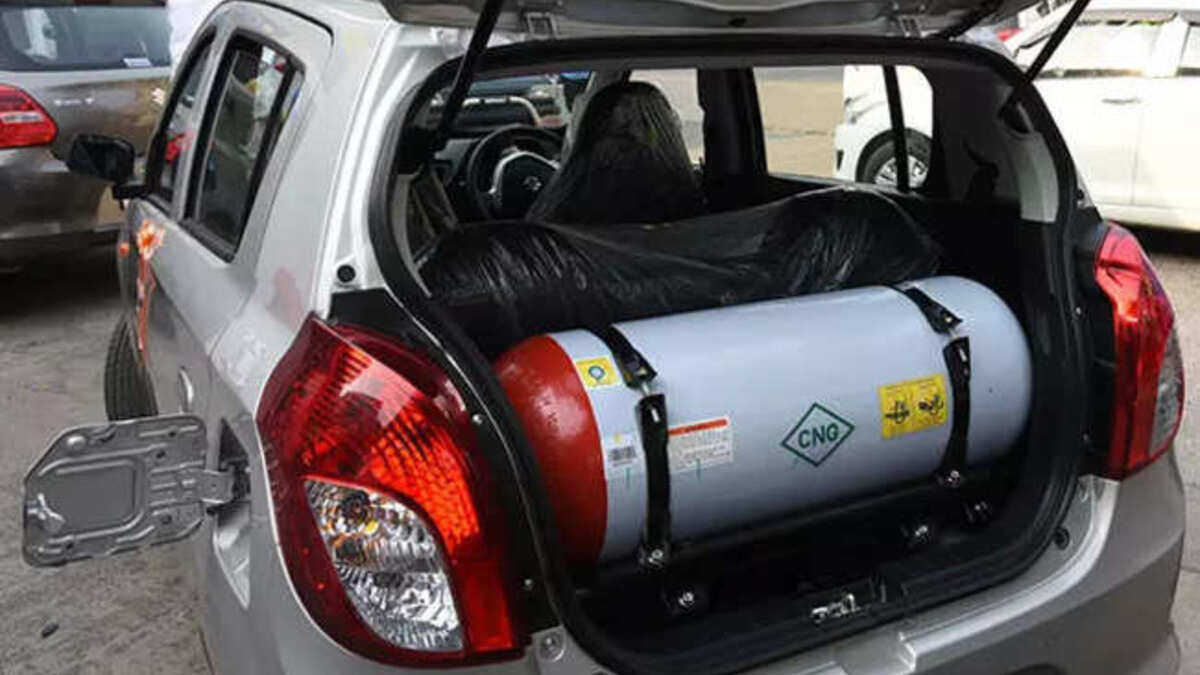Some passengers whose travel plans were thrown into chaos by a power cut at Manchester Airport face further delays as airlines rearrange grounded flights.
Airport bosses said all flights scheduled for Monday "were expected to run as usual".
But it said airlines would be in touch with travellers whose flights had been cancelled on Sunday.
More than 90,000 people were affected when the outage caused problems with security and baggage screening. The airport has apologised.
From the early hours of Sunday, outbound flights were grounded and scheduled arrivals were diverted to other UK airports.
By lunchtime, 66 outbound flights (25% of all departures) and 50 inbound journeys (18% of all arrivals) had been, according to aviation analytics company Cirium.
At about 19:30 BST, airport bosses said flights had resumed and vowed to hold an investigation into what happened.
Passengers whose flights were cancelled described the situation at the airport as "chaos", and photos shared on social media showed large queues and stalled baggage carousels piled high with luggage.
There are reports of some people's baggage not being loaded on planes.
Kelvin Knaver, from St Helens, had been due to fly to Amsterdam with EasyJet.
He told BBC North West Tonight: "It has been a mess. There’s such a backlog that it’s going to take forever to clear."
EasyJet saw the largest number of cancellations. It said the delays were "out of its control" and that it was "doing everything possible to minimise the impact of the disruption".
One Singapore Airlines flight from Houston in Texas was diverted to London Heathrow while another which departed from Singapore had to land at London Gatwick.
An Etihad Airways flight from Abu Dhabi had to touch down in Birmingham Airport instead.
Chris Woodroofe, the managing director of the Manchester Airport, said he was sorry for the delays and that staff were "making sure the impact [did] not carry on" into the coming days.
The disruption was caused by a "fault" with a cable at the airport, which sent a surge of power across the electrical network, he said.

 4 months ago
39
4 months ago
39















 English (US) ·
English (US) ·